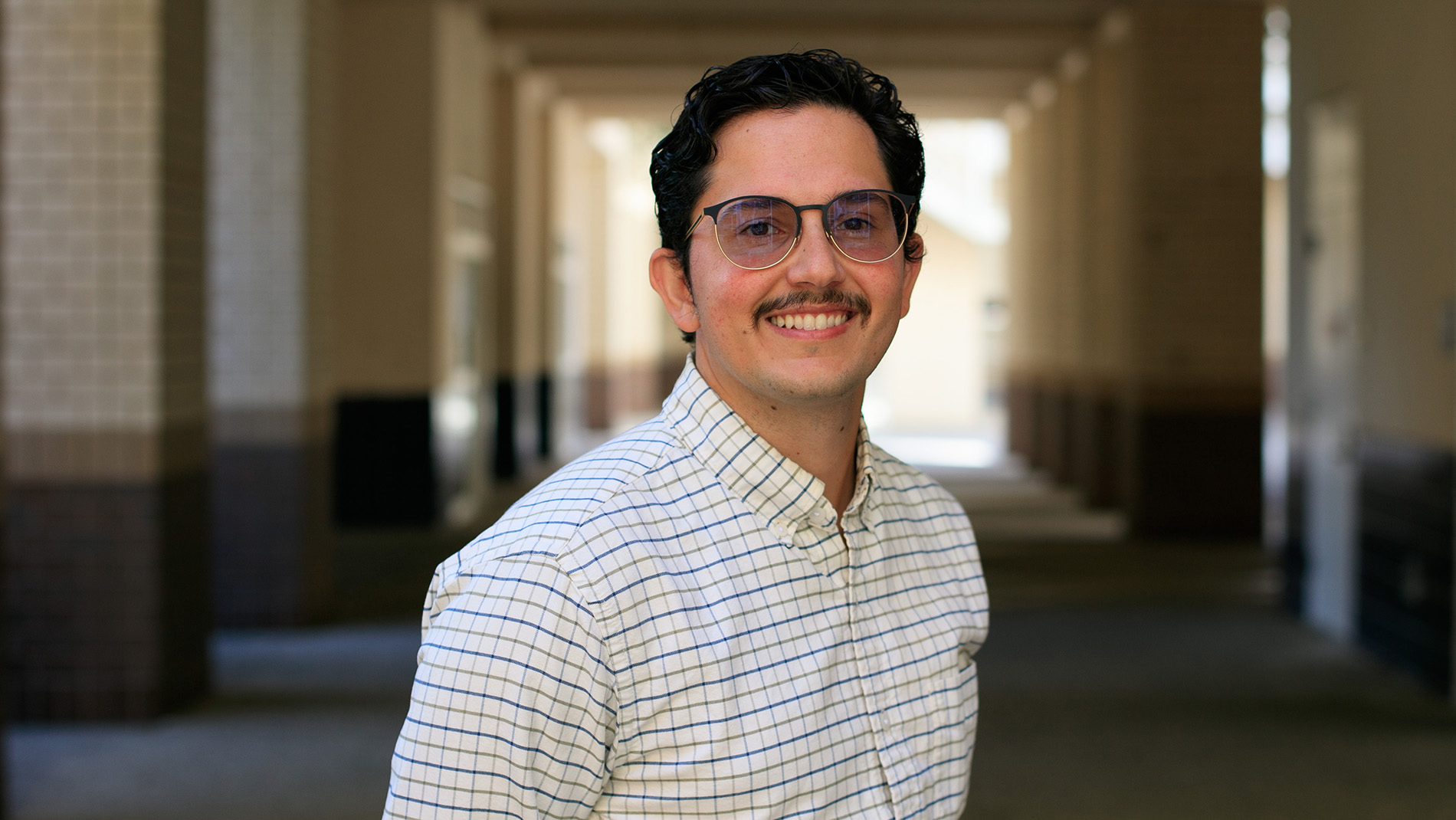
Julian Gerez joins faculty, brings expertise on counternarcotics programs across the Americas
When Julian E. Gerez was a child, his family made the difficult decision to leave Colombia and migrate to the United States to escape the drug-related violence that plagued their homeland.
Today, that formative experience has evolved into academic research that could reshape how governments approach drug enforcement policies across Latin America and beyond.
Gerez, who has joined UC Irvine as an assistant professor of criminology, law and society, brings a deeply personal understanding to his scholarly work on the political economy of law enforcement, policing and security.
“I always had a sort of yearning in the back of my mind to help study and understand these dynamics that led to our migration,” he explains.
Bridging Politics and Policy
His dissertation research focused on the politics of counternarcotics policies in Latin America, with particular attention to his native Colombia.
Gerez studies how governments decide where and when to crack down on drug traffickers, examining both aerial herbicide spraying and manual eradication techniques used to eliminate coca production.
“I think a lot of law enforcement policy is shaped by political preferences, and maybe sometimes what’s politically very popular isn’t actually what’s the most effective public policy,” Gerez notes. “So I'm really interested in bridging that gap.”
His research approach has already yielded significant insights.
Gerez’s work examines the variation in government crackdowns on drug trafficking, revealing how political incentives often drive enforcement decisions rather than evidence-based effectiveness measures.
While Colombia remains central to his work, Gerez’s research extends across the Americas. He is working with a team on a project related to illegal gold mining in Peru, exploring how people shift to different industries when governments intensify drug policy enforcement.
“The idea there is that as governments crack down on drug policy, maybe folks move into different kinds of industries to help sustain their income,” he explains.
In addition, Gerez studies capital punishment politics in the United States, examining what shapes the timing and implementation of death penalty commutations and how public opinion responds to such decisions.
Perhaps most relevant to his new California home, Gerez has launched a collaborative project with the California Department of Tax and Fee Administration to study tobacco excise tax enforcement and help reshape enforcement strategies in the state.
Though he earned his M.A., M.Phil. and Ph.D. in political science from Columbia University, Gerez is enthusiastic about joining the School of Social Ecology’s interdisciplinary and policy-oriented environment.
“I was trained as a political scientist, but I'm so excited to be at the Department of Criminology, Law and Society because it’s really going to help inform my work with different kinds of perspectives,” he says.
Bringing Research to the Classroom
Starting in spring quarter, Gerez will teach courses that directly connect to his research expertise on organized crime, drugs and politics and policing.
“My classes will investigate the origins and consequences of these topics from an international perspective rather than focusing solely on the United States,” he says.
“I’m really excited about teaching,” Gerez adds.
Before arriving at UC Irvine, Gerez had already established himself as a productive scholar with publications in prestigious journals including World Politics, State Politics and Policy Quarterly, and PLOS One. His work on COVID-19 vaccine diplomacy in Latin America and vaccine acceptance messaging demonstrates his ability to apply rigorous research methods to pressing contemporary issues.
His research has been supported by grants, including a $20,000 fellowship from the United States Institute of Peace-Minerva Research Initiative and a dissertation research improvement award from the American Political Science Association.
As Gerez settles into his new role at UC Irvine, his enthusiasm for the opportunities ahead is clear.
“I really hope my research can help shape effective public policy in this arena,” he says. “I couldn't be more excited to hit the ground running here.”
— Mimi Ko Cruz